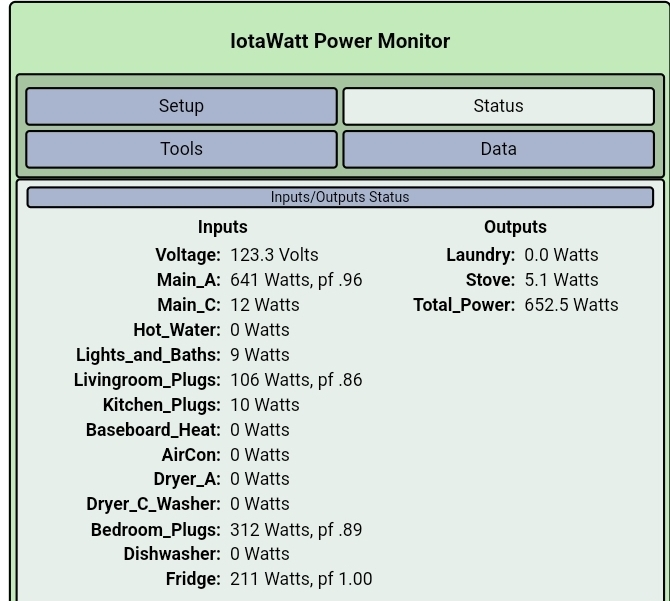IDK, that doesn't sound healthy.
Life is made up of infinite details. Looking too closely at any of them shouldn't be done without a reason, that way lies madness
Looking at details makes sense when the data is actionable. If you think "my electric bill is too high" or "I'm worried about my power consumption", then try living with it a bit hotter/colder. That's a decision to make on more like a monthly basis, maybe every couple weeks - day to day it's one of a ton of variables. It's not useful information outside a spreadsheet
Making that decision on a daily basis sounds like obsession. If you just think it's interesting, you should probably keep it to yourself (and similar minded people)... If your wife doesn't want to hear it, you should listen to her
Tell me once, fine, maybe it's a bit interesting. Do it every day for a week, and my brain starts trying to keep a running estimate. I would get very angry, very quickly, because it would make my life slightly worse moving forward for no benefit





